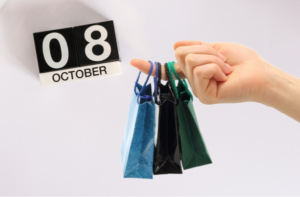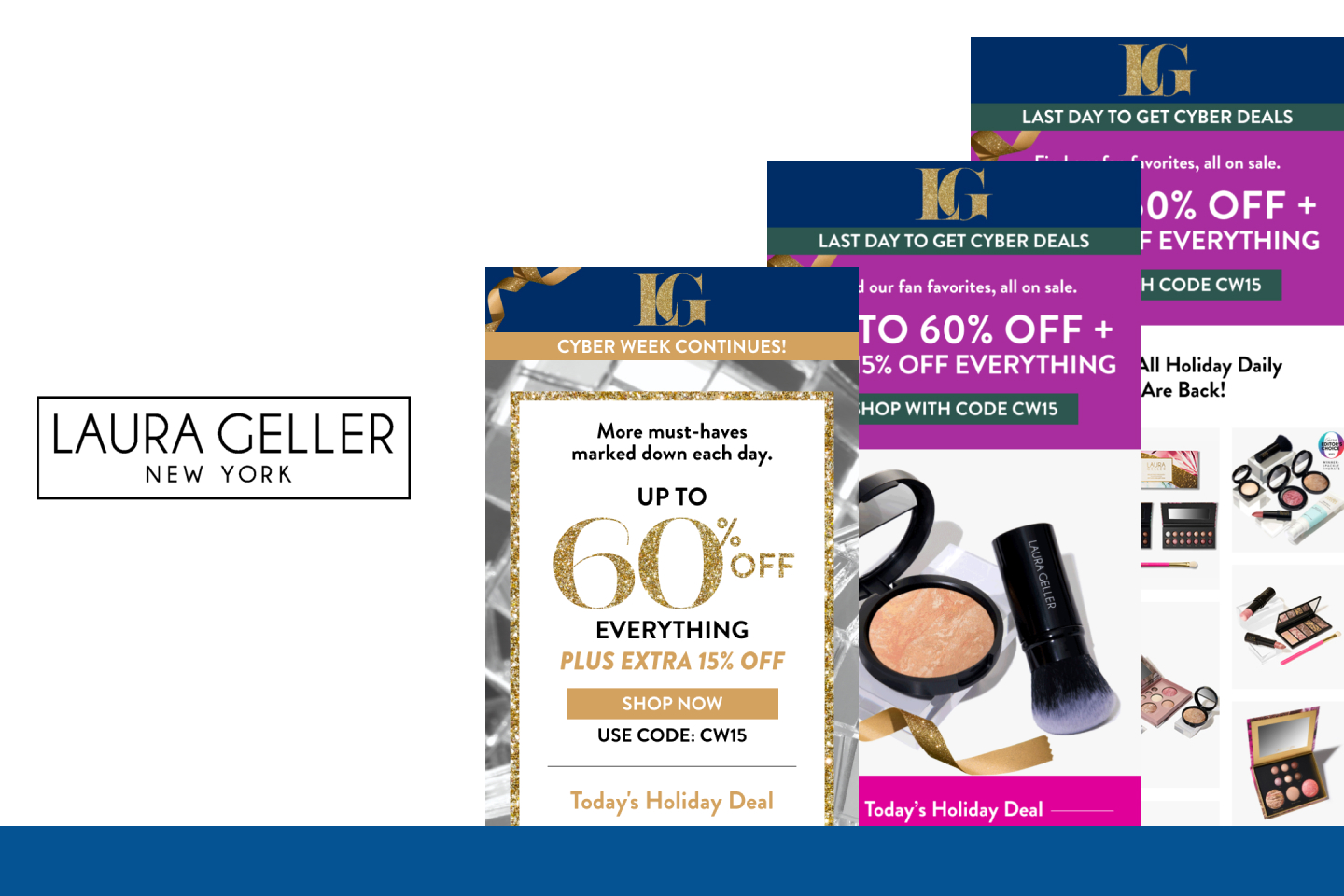Last updated: Jul 10, 2017 Alchemy Worx Everyone wants a reason to purchase or interact with your brand online, so give them a little incentive…Whether you choose to send specific and triggered messages within your email activity, or use them in your regular communications, incentives are a powerful tool to convince people to open your emails, click through from them, and ultimately make a purchase.What can incentives do for you?Done right, incentives offer true value and so are likely to increase response. And you can develop and measure specific incentive programmes designed to achieve specific goals:increase open rates by working the incentive into the subject lineboost clickthrough rates by working the incentive into the subject line AND hosting all the details of the entry / redemption on a landing pagedevelop incentives that drive sales- typically through offers with a shelflife (“buy before August 31 and get $50 off”) or discounts on volume (eg “3 nights for 2”)grow your list – incentivize your subscribers to forward your emails, and encourage new recipients to registerkeep subscribers engaged with an incentive as part of your welcome and/or regular incentives in your communications (all promoted as part of your subscription process, of course)cut down on unsubscribes with regular incentives in your email programHow NOT to incentivizeWhen developing your incentives program, remember not to fall foul of these common pitfalls, any of which can quickly devalue what you’re offering:DON’T offer too many incentives: This can adversely influence your subscriber’s purchase patterns. Once you stop incentivizing them to purchase, they may not purchase at all. And you run the risk of incentivizing purchases they would have made anyway.DON’T attract too many price shoppers: If your whole subscription process is too heavily focused on incentives, you may end up with a subscriber base that’s very price focused. Subscribers attracted via incentives tend to be less profitable as they may be less likely to engage with your emails when there is no incentive, so lowering your open, click and purchase metrics in the longer term.DON’T only reward bad behavior: Many consumers know that they can sometimes get offered a discount just by only partially completing an order or abandoning a shopping cart. But active, loyal subscribers can get annoyed when they see incentives aimed only at new or lazy subscribers, so make sure that you have incentives to reward your best customers too.Top tips for developing an incentive programCheck if you really need to offer incentives There are other ways to add value to your subscribers that may do the job just as well, such as a poll or survey, which are cheaper but also protect your brand. Before rolling an incentivized campaign out, test the impact of the incentive against alternatives. In your analysis make sure you include your profit, and leave enough time for all subscribers to respond – the results after a few hours can be very different from those after a few days.Make sure your incentives are appropriate If you’re incentivizing to grow your email list, make sure you offer relevant products or discounts. If you sell sportswear, a competition to win football tickets will generate more relevant subscribers than one providing tickets to a cooking class…Make sure your incentives are unique to your email Customers will appreciate the value of an incentive – and the value of subscribing – more if they understand that the incentive is available via you, and your email program, alone.Be prepared if your incentive goes viral Make sure to develop terms and conditions protect you, and that you have the capability to honor your incentive. If your incentive is tailored or specific, you don’t want to take the risk of having special codes or offers posted on voucher websites. Build a mechanism that collects user data and permissions before the discount can be used, or alternatively create a special personalized codes or vouchers to avoid duplication purchases.

How to Leverage the October 2024 Prime Day
This year’s fall Amazon Prime Day is October 8 – 9, and even if you don’t plan to participate it’s worth paying attention to. Prime




